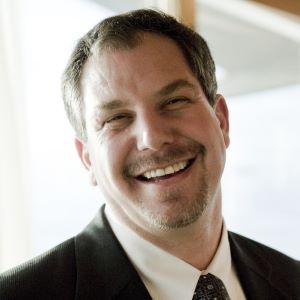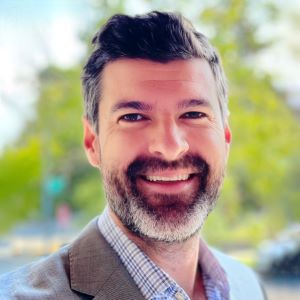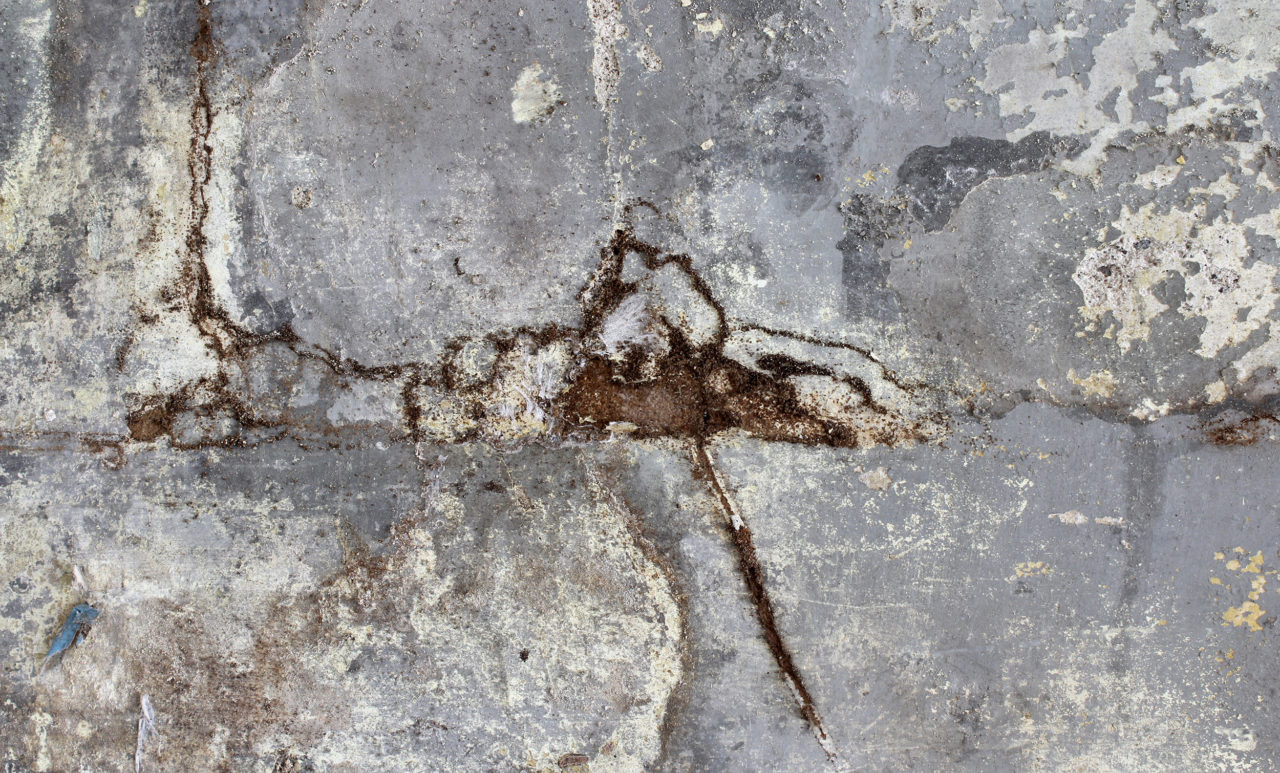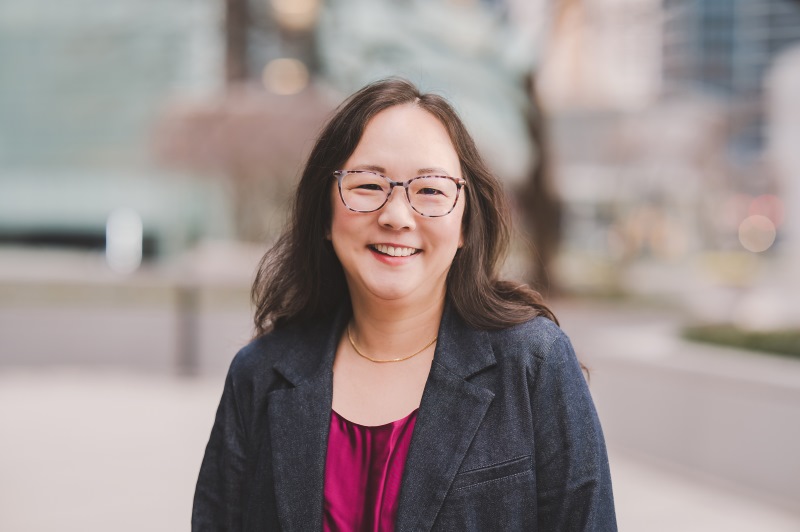DIALOGUES WITH DEXIS
Breaking Through the Noise: Strategic Communications in a New Era
On October 5, 2023, panelists and Dexis moderator Andrew Sinclair explored how strategic communication approaches are adapting to today’s deeply contested and decentralized information environment.
The rapid adoption of new communications technologies has transformed how individuals and societies consume and share information. As a result, we are confronted with—and reacting to—the negative impacts of mis-, dis-, and malinformation (MDM), growing polarization, and failing trust in institutions. From this starting point, panelists drew on their experience as advocacy, government, and private sector communicators to discuss the implication of this new information on their work and approaches for navigating it.
Adam Kaplan, a development and social change practitioner, set the stage by describing how this new media and information space has changed the way development communicators interact with their audiences. He stressed the importance of adapting to the new information space by using values-based messaging, rather than focusing on norms of arbitration.
Expanding on Adam’s remarks, Ben Long, an international development highlighted examples from his work in Central and Eastern Europe. In addition to prioritizing audience segmentation, Ben emphasized the importance of understanding the local information environment to build online communities that can complement the work of social change practitioners on the ground. Ben also called for programming to take risks and go beyond traditional international development approaches of supporting independent media actors.
Operating in today’s highly volatile and polarized media environment also means being subject to disinformation attacks. As such, Peter Jančárik, co-founder of Konšpirátori.sk, leveraged insights from both the private and public sectors to share five lessons learned on how civil society can navigate such attacks. According to Peter, groups must focus on building their reputation, knowing their friends and foes, being transparent about their funding, understanding when to use proactive versus reactive messaging, and staying focused on their core mission.
Grounding the discussion, Márta Pardavi, Co-Chair of the Hungarian Helsinki Committee, described how she has navigated the polarized and restricted information environment in Hungary. The Hungarian Helsinki Committee researched its target audience to better understand their values and interests; developed more visual, creative content; and adopted positive, hope-based messaging.
The panelists all emphasized important adaptations for navigating today’s rapidly evolving, decentralized, and contested information and media environment. As social change practitioners confront the challenges of MDM, polarization, and eroding trust in institutions, it is essential to adopt messaging that leverages local values and interests, while staying rooted in core strategic communication principles.
Featured Panelists

Ben Long, Development & Transition Professional
Ben Long is a development and transition professional with nearly 20 years working in Eastern Europe, the former Soviet Union and Central Asia. Ben has led USAID programs which have aimed to build communities for democratic change and cut through divisive media discourse. Most recently, Ben has worked in Moldova and Ukraine.

Adam Kaplan, Development & Social Change Practitioner
Adam Kaplan is a development and social change consultant and practitioner specializing in media projects and communications strategies. His clients include international development organizations and donors, and domestic U.S. social change organizations. He has over 35 years of experience across Asia, Africa, Europe, and the Americas navigating the complexity and disorder of countries and regions undergoing political flux, insecurity, and conflict. Prior to his tenure in development, he worked as a documentary filmmaker and freelance television cameraman and news producer for U.S. TV stations and networks. Now, when not working, he enjoys exploring the nuances of Peruvian ceviche from his home in Lima, where he resides with wife, six-year-old son, and eleven-year-old daughter.

Peter Jančárik, Co-Founder & Vice Chairman of Konšpirátori.sk
Peter Jančárik is an anti-disinformation officer at Seznam.cz, a major tech company and media house in Czechia, where he is responsible for anti-disinformation, media quality, and brand safety initiatives. Prior to Seznam.cz, he worked at the leading PR and communication consultancy firm, Seesame, for fifteen years, developing an extensive track record in campaigning for both corporate and non-profit clients, as well as training private and public institutions in strategic, media, and crisis communications. He is also a co-founder of Konšpirátori.sk, a unique project that seeks to protect brands from displaying their ads on fake news websites. He holds a Master of Political Science from Central European University in Budapest, Hungary, and a Bachelor of European Studies from Comenius University in Bratislava, Slovakia.

Márta Pardavi, Co-Chair, Hungarian Helsinki Committee
Márta Pardavi is co-chair of the Hungarian Helsinki Committee, a leading human rights NGO based in Budapest, Hungary. A lawyer by training, she has recently been focusing on the threats to the rule of law and civil society space in Hungary and in the European Union (EU). Márta also co-leads the Recharging Advocacy for Rights in Europe (RARE) program, which equips human rights defenders to build stronger organizations and alliances for joint action on civic space and rule of law in the EU. Márta serves on the boards of PILnet and the International Partnership for Human Rights. She has been awarded the 2018 William D. Zabel Human Rights Award from Human Rights First, Civil Rights Defender’s Civil Rights Defenders of the Year 2019 award and was chosen to be a member of POLITICO28 Class of 2019. In 2020/2021, she was a Policy Leader Fellow at the European University Institute’s School of Transnational Governance in Florence, Italy.

Andrew Sinclair, Senior Technical Advisor, Dexis Consulting Group
Andrew is the Senior Advisor for Dexis’ Center for Global Security and Stabilization, leading strategy and thought leadership across Dexis’ security and foreign assistance portfolios. He brings considerable expertise operating in complex conflict environments with the U.S. government. Before joining Dexis, Andrew served as the USAID Office of Transition Initiatives (OTI) Country Representative for both Libya and Syria. In Afghanistan, he led the Paktya Provincial Reconstruction Team (PRT) for USAID. Before his federal service, Andrew researched multilateral peace operations at the Center on International Cooperation. Andrew holds a Master of International Affairs from Columbia University and served as a Peace Corps Volunteer in Jordan.
Event Details
This event has concluded.
Thursday, October 5, 2023
10:00 am – 11:15 am EST
Virtual Event





